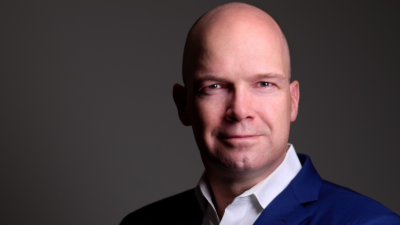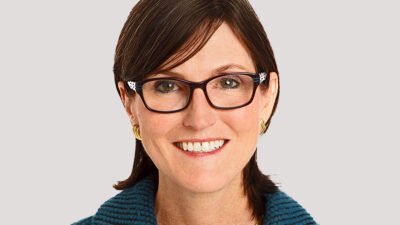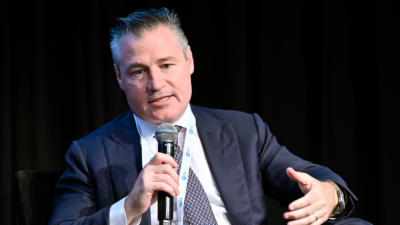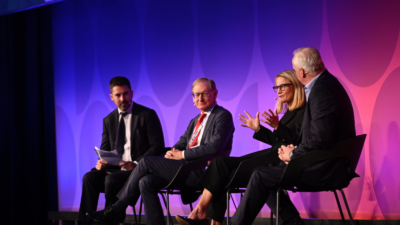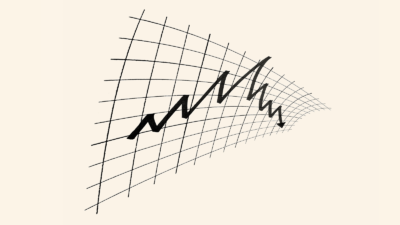-
Sort By
-
Newest
-
Newest
-
Oldest
The amount of investment required for the energy transition will likely prove to have an inflationary impact. But doing nothing will make the inflation surge of the post-Covid years seem paltry in comparison.
Good news from other emerging market countries has been overshadowed by spotty data and a sluggish recovery in China. But the recovery is gathering pace, and there’s good news on the geopolitical front too.
This downturn will be different, according to Ninety One. But the world is so indebted that there’s either the mother of all paybacks coming, or the mother of all defaults.
After a punishing innings for her flagship ETF, ARK Invest founder Cathie Wood thinks investors need to stop living in the 70s. This time next year the Fed will be “running in the opposite direction” and deflation will dominate the market.
More damage is done by consensus longs than short reports that shake company valuations according to Perpetual’s Anthony Aboud, who argues that investors stuck in underperforming stocks would have preferred a second opinion when they bought it.
Scale is a double-edged sword but fund managers with the right model can make it work. And while other super funds are internalising as fast as they can, Aware Super will never completely abandon outsourced management.
The Your Future, Your Super performance test will have a tough time weeding out underperforming trustee-directed products when they’re already closed, according to Chant West, while many of those housed on platforms could fail because of their unique fee structures.
Active management might be back in a big way but asset managers need to make sure they’re getting what they pay for: skill, not luck. Figuring out manager style and factor biases is key.
Growth is not a dirty word, but it didn’t cover itself in glory through the market upheaval of 2022. Managers now find themselves in a paradigm where what they pay is important again.
Institutional investors have come crawling back to equities, according to bfinance, while high growth managers have led the rebound in an “abrupt style reversal”. But hopes for a meaningful market rebound could be misplaced.
The market is betting that the Fed will tame inflation without blowing up the global economy. The Fed itself isn’t so sure, but Brandywine Global believes it’s approaching the problem from the wrong end.
Emerging markets are no longer the backwaters of the global economy, but their corporate debt is a multi-trillion-dollar market that’s gone almost untapped by institutional investors.


